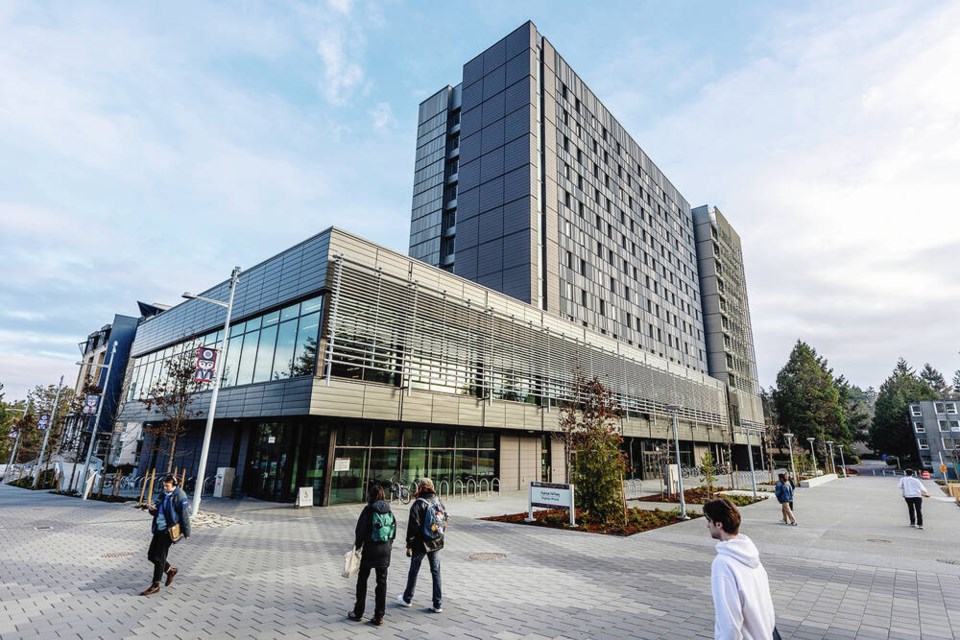In a poorly considered decision, the federal government has announced that foreign-student permits are to be severely curtailed.
Specifically, international-student permits will be cut by 35 per cent beginning this year. That means 180,000 foreign students who hoped to enrol in Canadian undergraduate programs will be denied entry (graduate students are exempted).
The reason given by Marc Miller, minister of immigration, refugees and citizenship, is that with housing costs rising and apartment vacancy rates at near zero, something must be done.
He believes that closing the door to foreign students will help cool demand.
It’s true there has been a significant increase in the number of temporary residents coming to Canada. Over the last two years, 2.67 million arrived, among them asylum seekers and people here on work permits.
So Miller’s wish to limit temporary arrivals is understandable. The high cost of housing is now top-of-mind among voters, and there are precious few corrective measures that can be taken in the short term.
Yet foreign students are a mere fraction of these temporary newcomers. For a variety of reasons, limiting their numbers makes little sense.
First, the number of rooms for rent countrywide is around 20 million. Even if every one of these 180,000 students rented a room (and many would have found accommodation in campus residences), the effect on vacancy rates would be insignificant.
Second, foreign students pay far more in fees than domestic students. At the University of Victoria, for example, undergraduates pay on average $6,100 in annual fees, while foreign students are charged between $24,000 and $30,000.
As a result, while international students made up only 11 per cent of UVic’s student body last year, they accounted for a third of the university’s tuition revenue.
Put another way, each foreign student pays enough for three additional domestic students to attend. Why on Earth would we want to curtail that?
In any event, the results have been as unfortunate as they were predictable. Universities across the country are laying off staff and cutting programs to deal with the resulting loss of revenue.
The University of Victoria has been forced to cut its 2024-25 operating budget by $13 million.
Vancouver Island University has announced a 10 per cent cut in both academic and administration budgets. And Simon Fraser University is considering an eight per cent budget reduction this year.
These numbers are being replicated countrywide, in some cases with dramatic results. In Atlantic Canada, for instance, foreign students represent 30 per cent of total enrolment at the region’s 16 universities.
Curtailing such a critical source of revenue will have far-lasting effects.
It’s certainly true that the cutback in foreign student enrolments is only part of the reason for financial distress. Most post-secondary institutions have seen domestic enrolments decline as well, in the main due to the lasting impact of the COVID pandemic.
Nevertheless, when 25 per cent fewer Canadians have university degrees than the OECD average, virtually the last thing we need is an attack on university funding.
With so much of our future economic development resting on a strong supply of university graduates, this makes no sense.
No doubt many of those foreign students will return to their home countries once their training is complete. But likewise some will stay.
Take the case of offshore students who come to Canada to train as physicians. These students have been rated “undergraduate,” meaning the cuts apply here as well.
But this at a time when Canada will need 40,000 more doctors by 2028.
Regrettably, the impact of Miller’s policy on the health and vitality of our post-secondary sector will endure for years to come.
This short-sighted “solution” requires an immediate rethink.
>>> To comment on this article, write a letter to the editor: [email protected]



